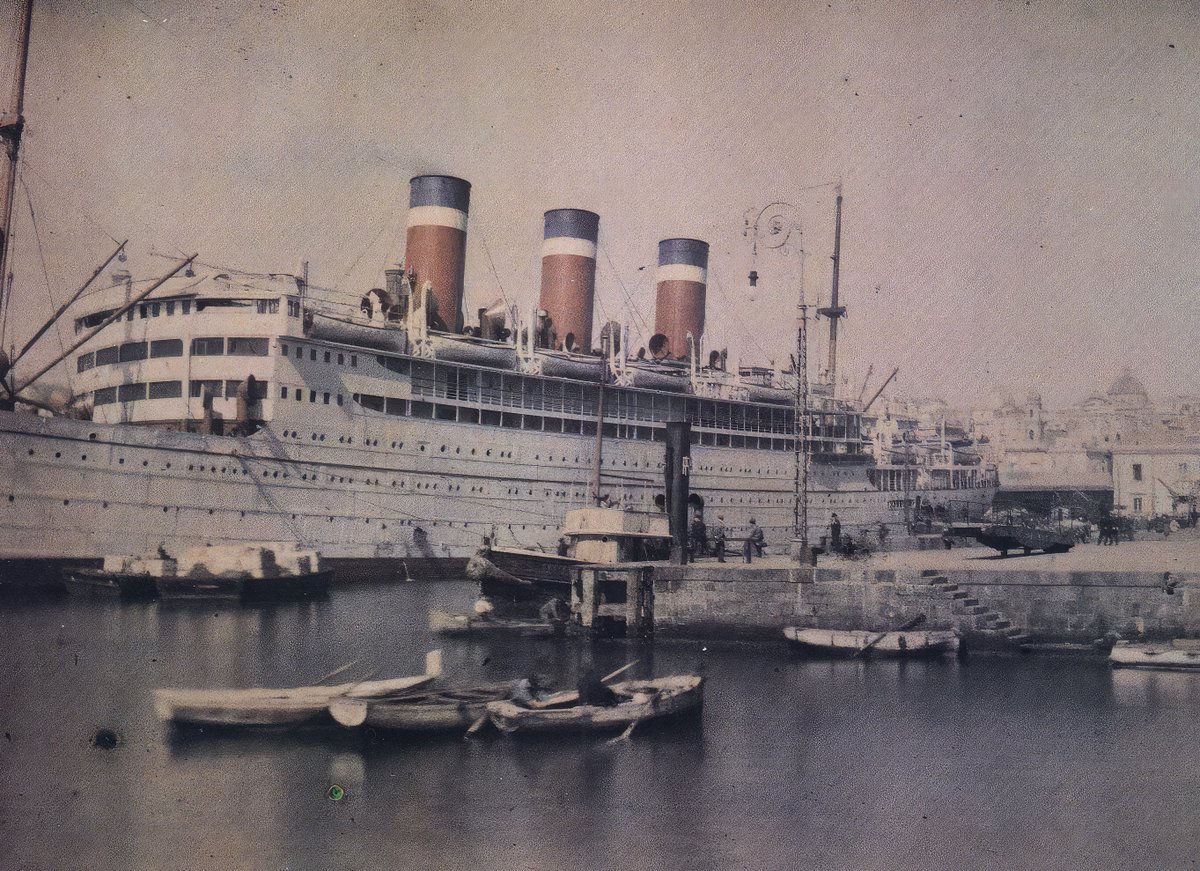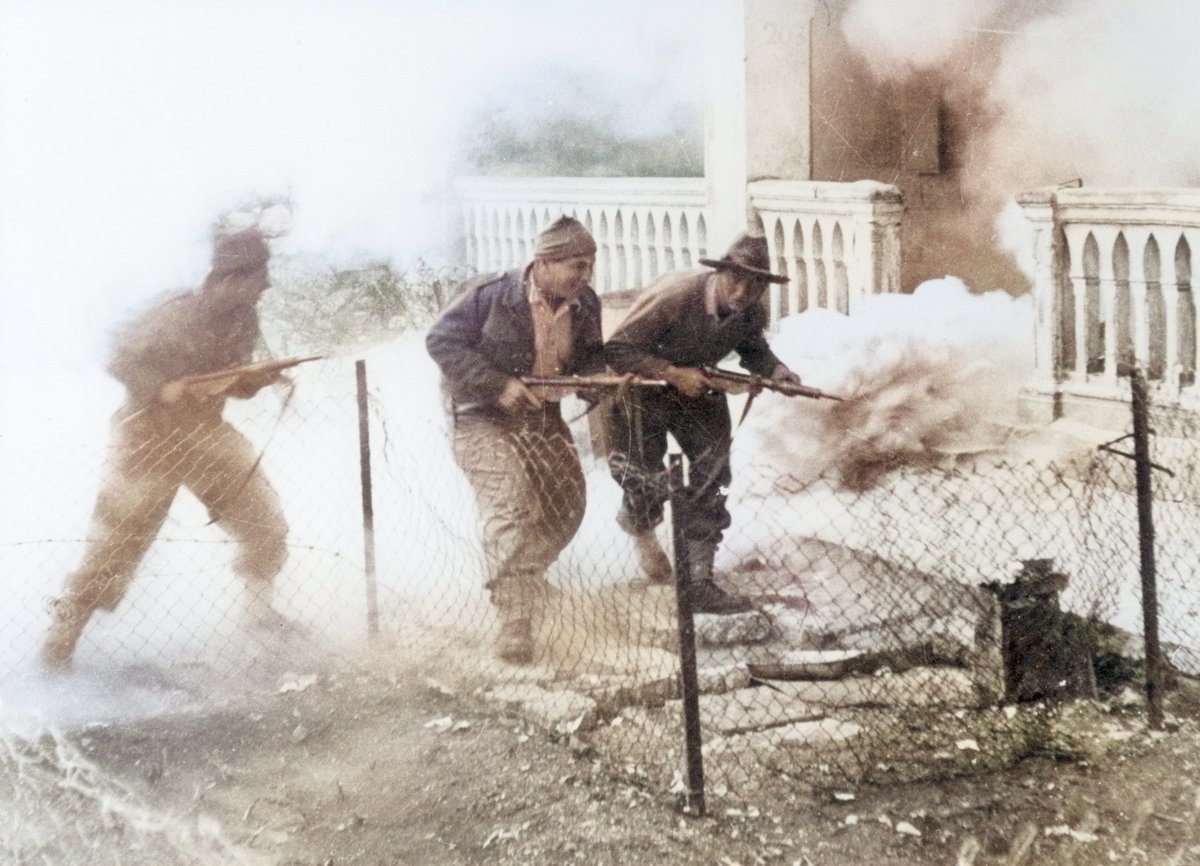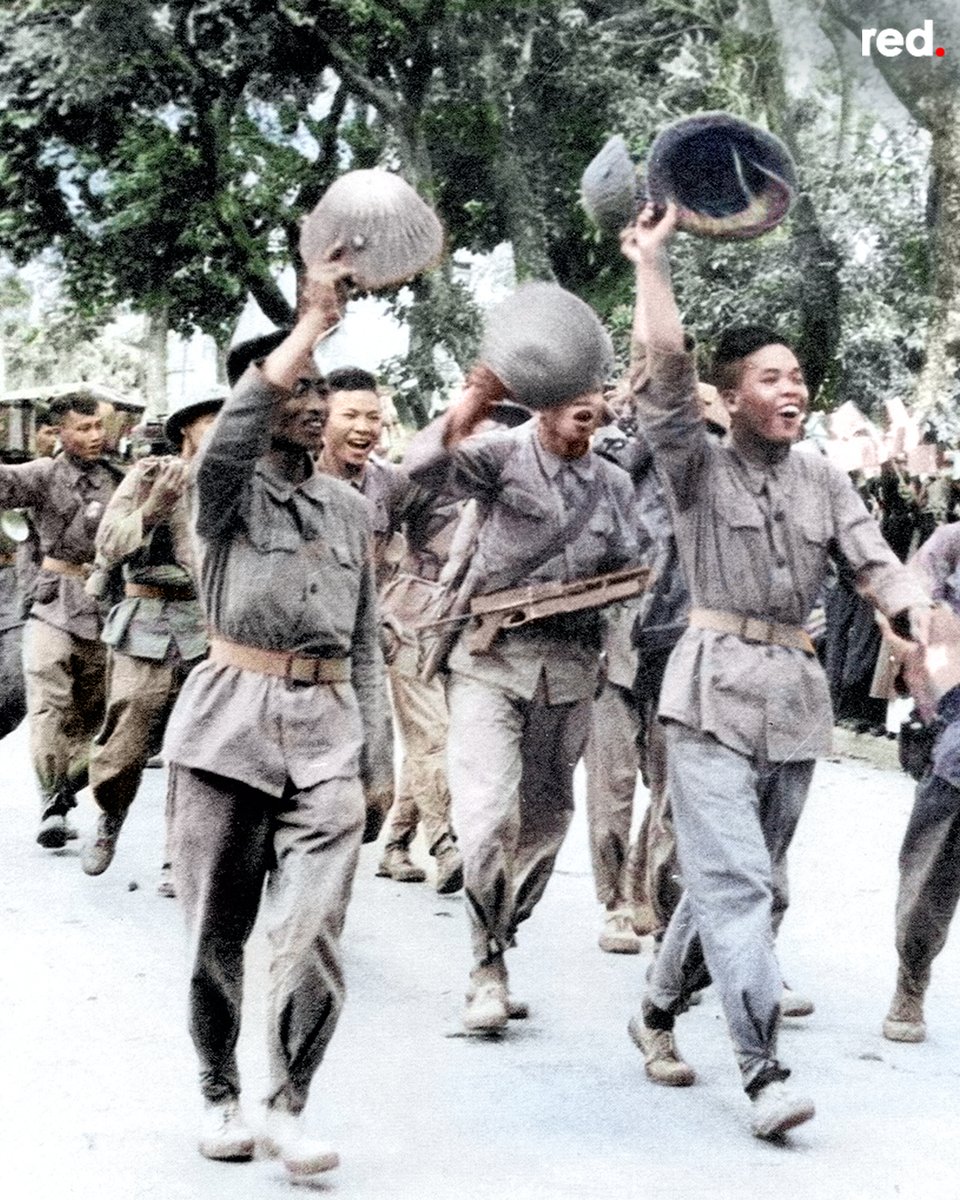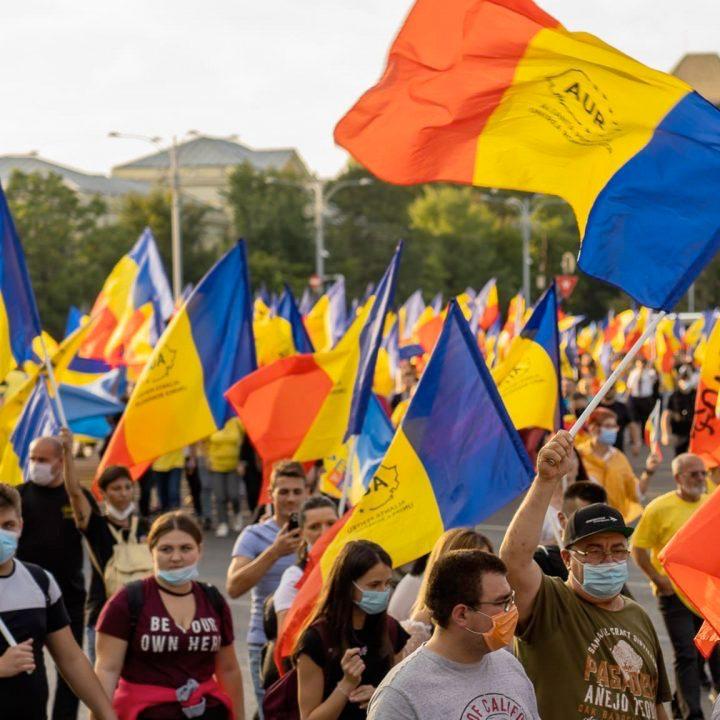The Israel Defense Force’s war crimes are all over social media, but did you know that the IDF’s terrorist history goes back decades? Read on. 🧵 

The paramilitary precursor to today’s “Israel Defense Forces” killed 267 people, including more than 200 Jews, in a vicious bombing 84 years ago on this day. The victims remain without justice, the perpetrators unpunished. 

The Zionist military organization Haganah bombed the British ocean liner SS Patria to stop the expulsion of up to 1,800 illegal settlers from Haifa to Mauritius. 

A bomb had been placed in the engine room of the ship, but it failed to go off, so another more powerful bomb was taken onboard. The blast was so powerful the vessel sank in 16 minutes, drowning 267 people. 

Haganah, meaning “defense" in Hebrew, was founded in 1920 to establish and defend illegal Jewish settlements in the British Mandate of Palestine. 

The Haganah’s tactics included the bombing of bridges, railroads, and ships used to deport illegal Jewish settlers. Due to its acts of terrorism, the group was outlawed by the British administration, causing them to attack both Mandate and Palestinian resistance forces. 

Haganah operatives sourced their vast arsenal of arms from the US, Western Europe, and Czechoslovakia before establishing Israel Military Industries (IMI), today a subsidiary of Elbit Systems, Israel’s largest arms producer. 

On December 31, 1947, the Haganah Zionist militia launched its initial major assault on Balad al-Sheikh village, east of Haifa. Alongside other Zionist militias, they committed over 50 massacres against Palestinian villages. 

According to historian Ilan Pappé, massacres took place in the context of an ethnic cleansing that “carried” with it atrocious acts of mass killing and butchering of thousands of Palestinians who were killed ruthlessly and savagely by Israeli troops of all backgrounds, ranks, and ages.

On May 28, 1948, the Israeli provisional government created the “Israel Defense Forces,” merging the Zionist paramilitary organizations Haganah, Irgun, and Lehi, the Haganah forming the core part of Israel’s new army, continuing the legacy of ethnic cleansing. 

• • •
Missing some Tweet in this thread? You can try to
force a refresh

























